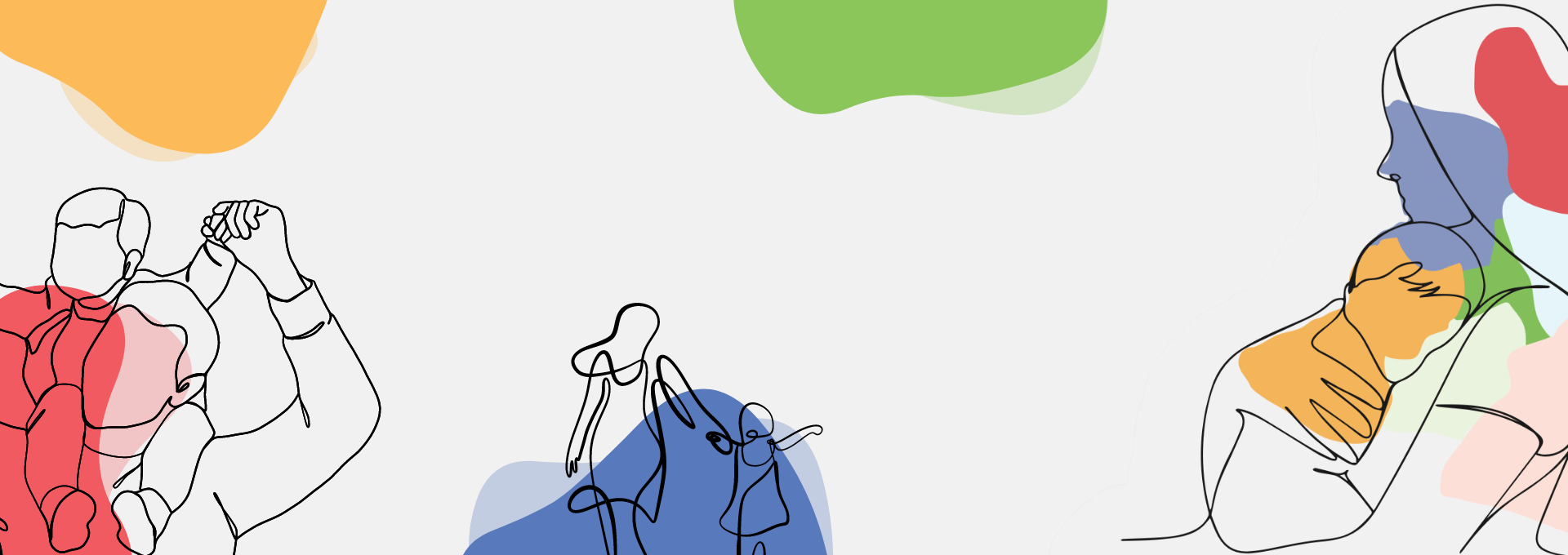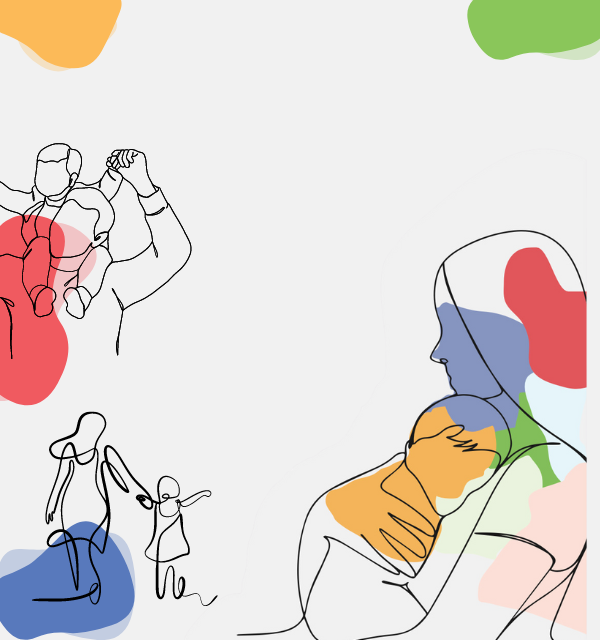

The Uttar Pradesh Technical Support Unit provides techno-managerial assistance to the Government of Uttar Pradesh for strengthening its Reproductive, Maternal, Newborn and Child Health (RMNCH) and Nutrition programs. Though good progress has been achieved in maternal and child health outcomes, certain populations are still left out. Integrating a gender-responsive approach into healthcare interventions can bridge these gaps by a) Identifying root causes of gender-based inequities in service access and utilisation and b) designing, planning and implementing interventions that are strategically aligned with the larger outcomes; c) identifying potential risks and areas that need further evidence or mitigation strategies; d) defining outcomes and indicators to provide a framework for monitoring progress and evaluating the effectiveness of interventions.
By addressing gender inequalities through continuous learning and reflection, UPTSU can ensure equitable health service coverage and improved health outcomes for women and children.
To address gender inequalities, UPTSU follows a two-tiered strategy for gender integration across the three levels of the ecological framework:
The documentation of the processes, impact and innovations will be routinely undertaken for dissemination across national and international learning forums. The two-tiered gender integration strategy will ultimately improve the coverage and quality of the selected long-term outcomes of UPTSU.